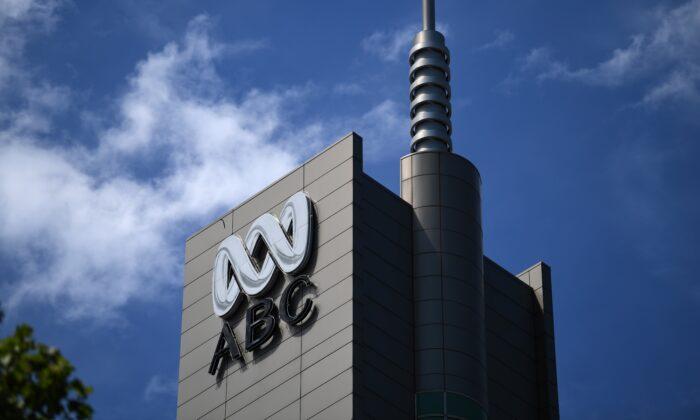The Australian Broadcasting Corporation (ABC) has unveiled new requirements that will see “under-represented people and perspectives” on Australian TV screens.
Production companies must employ writers, producers and directors from diverse backgrounds to “demonstrate representation.” This includes having people from diverse backgrounds in its core creative team when producing content related to an under-represented group.
At least half of the main cast and crew must also be female or identify as “gender diverse.” However, those who identify as transgender are not compelled to disclose their identification with any group.
“Some people might be dealing with personal issues around those things, and we don’t want to add to their stress.”
“We will work with our production partners to make the industry a more inclusive workspace, by opening the doors to diverse creative talent, on and off-screen,” he said.
Carrington added that the new guidelines would “help bring new voices, cultures and perspectives to audiences.”
While suggestions that these guidelines are inconsistent with merit-based hiring practices Riley said there are “really talented people from very diverse backgrounds out there.”
“We just need to make space for them in this industry and give them an opportunity.”
However, Evan Mulholland, director of communications at the Institute of Public Affairs, said these guidelines promote “every type of diversity other than diversity of opinion.”
Mulholland also alleged that the ABC had banned conservatives from appearing on some programs, which he believes shows the ABC does not reflect millions of mainstream Australians.
Additionally, conservative MP Mark Latham from One Nation accused the ABC on Feb. 7 of “entrenched political bias” after his party was banned from ABC Sydney Radio and TV current affairs programs throughout 2020.
The Epoch Times reached out to the ABC for comment on these accusations but did not receive a comment prior to publication.
Conservatives have long accused the ABC of fostering a left-leaning bias.
“The way we can deflect the critics that love to give us a tough time is by having a wider viewpoint.”
Australia’s commercial TV networks, Ten Network, Nine, Seven, and SBS, have announced plans to include more “diversity” in their programs, reported The Sydney Morning Herald.
From Monday, Feb. 15, ABC screen content across all genres must comply with the guidelines to be commissioned by the public broadcaster.






Friends Read Free